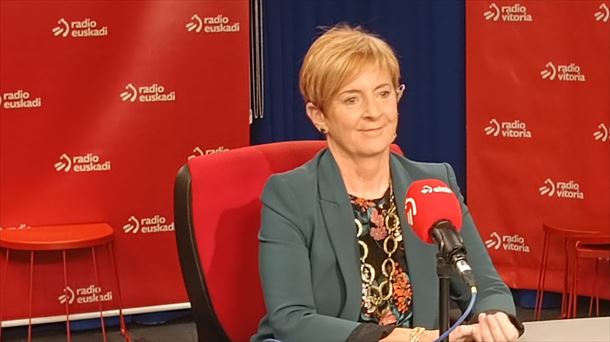The climate-damaging CO2 can be stopped underground instead of blown into the air. Norway has been doing this for almost thirty years. Chancellor Karl Nehammer (ÖVP) will visit the Scandinavian country on Wednesday and personally take a look at a “carbon capture” facility near Oslo.
‘Carbon Capture on Storage’ (CCS) is the name for the technology with which CO2 gas is liquefied through pressure and cooling and guided into the ground. There it is stored in geologically empty gas and oil fields. The technology is expensive and is being scrutinized by some environmental organizations. But the Greens don’t reject it.
For Norway, the storage of captured CO2 is an important step towards achieving the Paris climate goals; The technology has been used in the Scandinavian country since 1996. EU countries such as Denmark are already investing heavily in this method. In addition to Austria, CO2 storage is banned in eight other EU countries, including Germany.
Nehammer visits CSS project
The ÖVP insists that this ban be lifted in Austria. Nehammer will meet his Norwegian counterpart Jonas Gahr Støre in Oslo as part of his visit to Norway, during which he will be accompanied by Minister of Economic Affairs Martin Kocher (ÖVP). In the afternoon, the Chancellor visited a CSS project of Hafslund Oslo Celsio near the capital. In this plant, waste is burned and used to generate energy. The resulting emissions are liquefied and stored.
Recently, Finance Minister Magnus Brunner (ÖVP), who in his role is also responsible for mining, promised an end to this ban in the autumn. However, the condition is that Parliament approves it with a two-thirds majority. According to analyzes by the Ministry of Finance, five to ten million tons of CO2 would have to be stored annually.
However, Austria does not have sufficient storage space and would have to export CO2 to Norway. Other countries are already doing this.
The ÖVP’s green coalition partner is open to CCS, but emphasizes that it cannot be a substitute for reducing emissions. Norway is achieving its climate goals mainly thanks to savings in the transport and energy sectors. The country already has 80 percent emission-free vehicles and is a leader in renewable energy with 77.4 percent. And there has been a CO2 tax since 1991, currently 180 euros, making it one of the highest in the world.
Source: Krone
I am Ida Scott, a journalist and content author with a passion for uncovering the truth. I have been writing professionally for Today Times Live since 2020 and specialize in political news. My career began when I was just 17; I had already developed a knack for research and an eye for detail which made me stand out from my peers.



